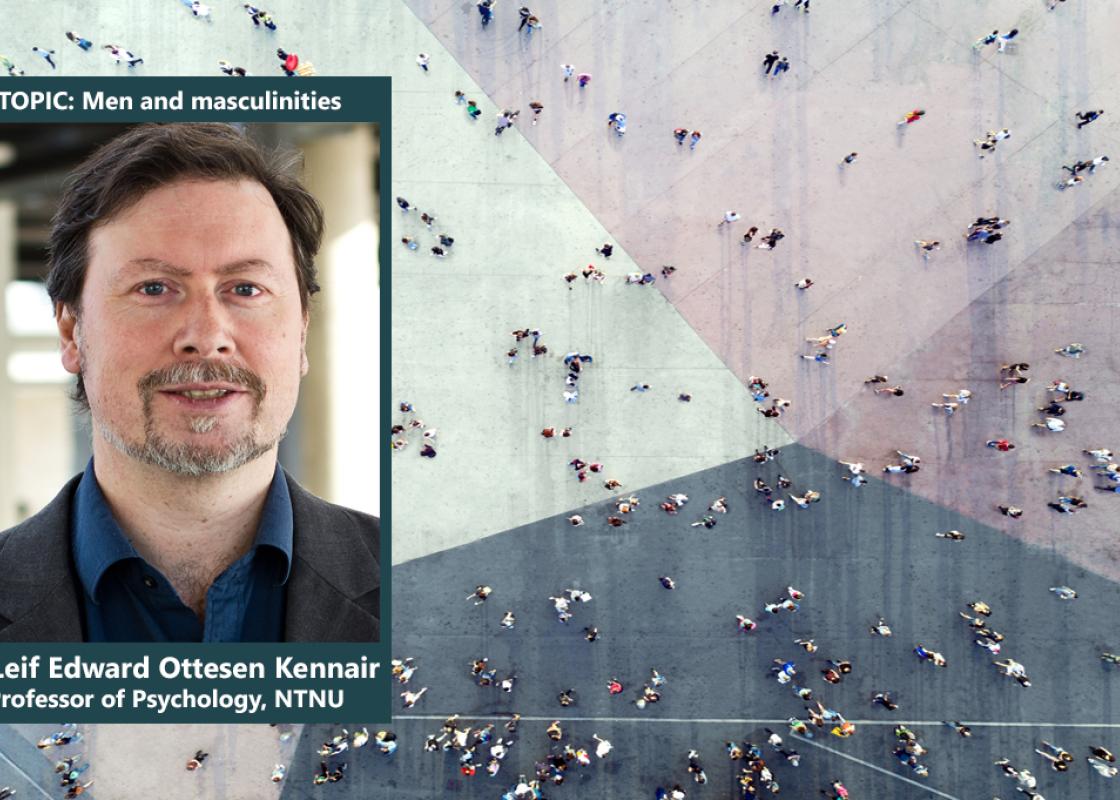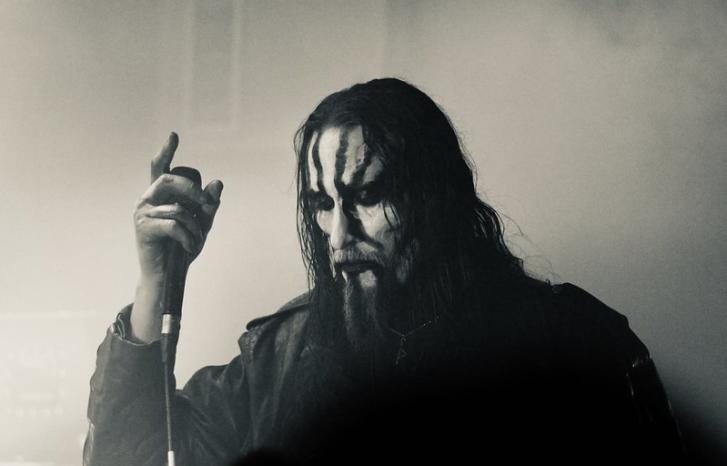Incels gather in online groups and often complain that they do not get any sex or a girlfriend. They scare people with their dangerous attitudes, but apparently, they deserve neither sympathy nor understanding. It is acceptable to ridicule and hate them.
Why? What is it about this particular group, that makes it so hard for us to show understanding?
Competition among individuals
The world’s resources are limited, and nobody’s interests are perfectly overlapping with someone else’s. There is thus a constant competition between individuals.
Throughout the history of evolution, the primary competition has not been that between men and women. In an evolutionary perspective, there is competition between everybody, also between the mother and the unborn child in the mother’s womb, and thus also between parents.
But primarily, members of the same sex compete with each other. There is also competition between women, although this is highly downplayed in academia. Sisters also compete, as we have seen in our own research.
Young men are cannon fodder. They are the ones we send to war.
Young women, on the other hand, are reproductive resources in all groups of people. Seen from an evolutionary perspective, they are valuable both to the family and to the group.
Therefore, parents have thus been selected to influence girls’ choice of partner more than that of the boys’. Young women are attractive by virtue of being precisely what they are – young, healthy and women.
Young women, therefore, trigger more empathy than men do. Young healthy men, on the other hand, trigger almost no empathy at all. Young men are cannon fodder. They are the ones we send to war. They are the ones we can sacrifice.
The patriarchy, a naive simplification
Simplified analyses of a battle of the sexes often lead us astray. One may wonder why we often forget to consider socio-economic status, independent of political background, when comparing the sexes.
‘The Patriarchy’, in which men hold power over women, is at best a naive simplification of who has power and status in society. All men are not more successful than all women. An imperceptible minority of men make enormous amounts of money.
If we compare women and men’s wages and control other factors in multivariate analyses, we will find that gender is not the major explanatory factor.
Men in the statistics
Men have gradually begun to perform poorer than women at all levels within the educational system, and this starts early. The largest group to receive financial social security benefits are men. Men commit more crime and are punished harder than women who commit the same crimes. Men die younger, although they have less sick leave than women during their lives. They die for us abroad in their service for the armed forces. They also more often take their own life.
Violence is, of course, unacceptable, and men are responsible for most of the violence in society, which is mostly committed against other men.
We need a balanced perception of suffering. A society that largely decides who deserves sympathy and empathy based on gender – because it feels natural to us – needs social mechanisms in order to secure rights and care.
Few are winners in the patriarchy
Who should provide empathy and care for the men who are left out? With these men, we cannot expect a similar rights movement as we have seen for women. In fact, I would say that these young men’s mothers make up the only significant group who feel emotionally motivated to fight for them.
But there are split loyalties here since we are used to seeing the battle of the sexes as a zero-sum game. It is not. Values are connected: Democratisation, sexual liberation, gender equality, secularisation and freedom of speech. These are factors that boost women on the one hand, and simultaneously create a better society for men.
A conspicuous amount of those who identify themselves as incels seem to have psychiatric disorders.
In traditional, ‘patriarchal’ societies, men are not the winners. A few men win, whereas the majority of the men die younger, have less access to partners, have poorer health and poorer financial prospects.
In a society such as ours, it is striking how much our perception of who deserves sympathy and empathy is based on gender. So, too, is our understanding of what is a relevant suffering and what we may ridicule and scorn.
Who are the incels?
Through at times sensational journalism, we have been given a glimpse of an online culture. These reports describe groups of men that stand outside of society. Not because of religiosity or ethnicity, but because they perceive themselves as unattractive.
Some of them call themselves incels: involuntary celibate. Men who want sex or close relations to women, but can find neither a girlfriend nor a one-night-stand.
An imperceptible number of these have committed serious crimes or acts of terrorism. As a group, they blame women for not choosing them as sexual partners. This seems conspicuous, and can further be seen as an an expression of strong misogyny.
Within these online communities, the members also express a naive biological determinism. Moreover, they believe in a banal version of evolutionary psychology that is otherwise only expressed by the opponents of this approach. Some members of these online communities also encourage the legalisation of rape and terror.
There are some, perhaps prominent members of these online communities, that possess violent and conspirational thoughts and ideas that we, as a society, need to protect ourselves from. We do that in the same way as we fight erroneous statements and radicalisation among other exposed groups, through information, education and care.
Many have psychiatric disorders
A conspicuous number of those who identify themselves as incels seem to have psychiatric disorders. Several show signs of autism. They have symptoms of depression, and they express suicidal thinking. They also show signs of body dysmorphic disorder. This is a condition in which one perceives one’s own looks as repulsive, often because of ideas about one's own lacking genetic quality.
Hopelessness is also part of their deterministic way of thinking. The problem is that we do not know enough to distinguish repugnant ideology from psychiatric disorder within this group.
We need less sensational journalism about the incel phenomenon.
‘Disenfranchised young men’ generally make up a risk factor for increased crime, agitation, violence and war. This has been seen as a triggering cause both in the Viking Age and within Portuguese colonialism.
Such behaviour is highly risky, but for those who succeeded, there was also a potentially high pay off in terms of increased reproductive success across an evolutionary time frame. However, it does not benefit society to have men standing on the outside, who have no hope, or who trigger each other’s antisocial behaviour.
An inclusive society should also include those who provoke us. Even when we do not spontaneously empathise with them.
We need more research
The problem is that men who are left behind are not a prioritised area of research. A recent report showing that young men on average perform poorer in school than young women in Norway received some attention. But this fact, which entails that a larger group falls outside of society, has not yet resulted in any significant research or discussion about structural changes.
We need less sensational journalism about the incel phenomenon. We need more research, less scorn, and better attempts at actual understanding in order to prevent radicalisation.
How many suffer, and what can we do to include and care for these men? This is an overriding objective for us in our research on sexual psychology and in our collaboration with prominent milieus within the field of conspiracy theory research. We need a broad professional understanding of this phenomenon.
In the current time of Covid-19, health authorities, journalists and clinical psychologists have taken an interest in loneliness and people who are deprived of the intimacy that they desire. At present, many more than usual are in practice incels. We do not believe that this healthy for people in general. Perhaps we should reconsider how absurd and pathetic the incel movement’s complaints really are?
Translated by Cathinka Dahl Hambro.



